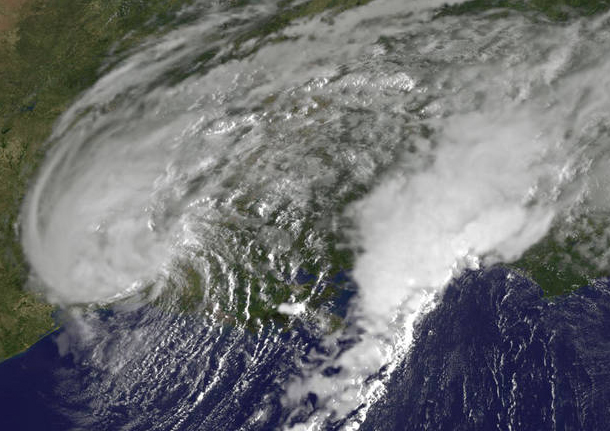For Houstonians, the official start of Hurricane season—June 1—instigate feelings of dread, anxiety, and loss as the lingering effects of Hurricane Harvey are still fresh and palpable. Many neighborhoods still haven’t recovered. Many homeowners still aren’t back in their homes. The rebuild and remodeling continue. It seems like there is no end in sight.
Recently, meteorologists at Colorado State University released their annual prediction for the 2018 Hurricane season. Even though the upcoming season does not appear to be quite as bad as 2017, it will still be significant when compared with past years.[1]
For 2018, the forecast is for 14 named storms, seven of which they predict will become hurricanes and three that will reach Category 3 or greater with winds of 111 mph or more.[2]
By comparison, the 2017 hurricane season produced a total of 17 named storms, making it the most active since the 2005 season in which Hurricane Katrina devastated New Orleans.[3]
The CSU report also predicts that there is a 38% chance of a hurricane making landfall along the Gulf Coast which stems from the Florida panhandle westward to Brownsville, TX. The landfall average over the past century is 30%.[4]
In theory, a home in a 500-year flood plain has a 0.2% chance of flooding each year. But reality and Hurricane Harvey have proven otherwise. In fact, 52% of residential and commercial properties in the Houston metro are at a “high” or “moderate” risk of flooding. Evidently, the Houston City Council took notice and on April 4, 2018 passed the regulation requiring “all new construction to be built up 2 feet above the water level of a 500-year storm.”[5] City Council has also been discussing the possibility of building a third reservoir to help address the increased runoff.
The common experience for the majority of Houstonians who experienced flooding was that they didn’t have flood insurance and that their homeowner’s policy didn’t cover the flood damage. Some homeowners unsuccessfully tried to make the argument that the falling rain damaged their property—not the flood water.
Texas courts define “surface water” as derived from falling rain while “floodwater” is recognized as overflow from a “continuous body of water flowing in the ordinary channel” like a river, stream, or lake.[6] Even though Texas courts distinguish between “surface water” and “floodwater,” most homeowner policies do not.
In Texas, it doesn’t matter where the water comes from.
Under Texas law, a flood is a flood is a flood.
Whether property is located in a floodplain or not is irrelevant. The same goes for surface water runoff vs. floodwater runoff.
So, to be safe, no matter where you live in Houston or Texas—floodplain or not, get flood insurance as a backup to your homeowner’s policy. Better safe than sorry.
[1] “Slightly above-average 2018 Atlantic hurricane season predicted by CSU team.” Colorado State University. April 5, 2018. https://source.colostate.edu/slightly-above-average-2018-atlantic-hurricane-season-predicted-by-csu-team/ [2] Id. [3] Id. [4] Id. [5] “Houston City Council passes new floodplain building restrictions.” Houston Business Journal. By Fauzeya Rahman. April 4, 2018. [6] Valley Forge Insurance Co. v. Hicks Thomas & Lilienstern LLP, 174 S.W.3d 254, 258 (Tex. App.
—Houston [1st Dist.] 2004, pet. denied).
